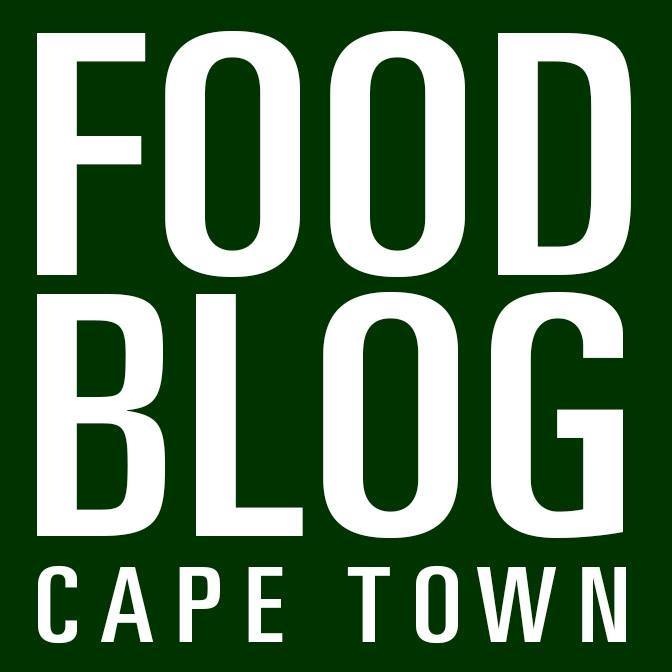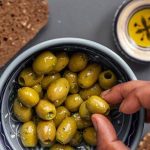Pickled fish, also known as curried fish, is as much a part of the South African Easter tradition as chocolate eggs and the Easter bunny – and we love pickled fish!
It keeps for several days, doesn’t spoil easily and is an affordable addition to the Easter menu.
One can dish pickled fish cold from the fridge – best served with a crunchy green salad and freshly baked bread or hot cross buns. ‘Breaking bread’ (and fish) together is a great opportunity to talk about our unique but vulnerable marine heritage and to make your own commitment to sustainable oceans.
The best local fish for your pickle
The best kind of fish is one that will be around for future generations to enjoy.
From local waters, it is sustainably caught hake. Chefs and home cooks count on Cape hake – dubbed the ‘Cinderella’ fish – for being simple to work with, reliably tasty and a great source of lean protein and Omega-3 fatty acids. When cooked just right, this deep-sea predator with pin-like teeth transforms into a subtly sweet fish, that yields small but beautifully firm flakes the colour of Hollywood teeth.
Celebrity chef Siba Mtongana agrees on the beauty of cooking with Cape hake:
“Hake a reasonably inexpensive and definitely one of our best loved fishes. The great thing about hake is you can either go subtle or you can go all-out bold on the flavour profiles. I also love the fact that it has very few bones, which are easily removed, so I don’t need to worry when cooking hake for my children.
For these reasons Cape hake is a popular everyday fish. It’s a fish that is as sustainable as it is delicious, which means that future generations will get to enjoy everyone’s favourite seafood. The pioneering South African hake fishery became the first fishery in Africa – and first hake fishery in the world – to achieve MSC certification, which it has held since 2004. In November 2020, the Namibian hake fishery became the second wild-capture fishery in Africa to be certified as sustainable. By maintaining good practice these fisheries have not only safeguarded fish stocks and ensured that natural habitats are protected, they have also secured some 46,500 direct and indirect jobs and increased access to international markets.
Look for the blue MSC label when shopping for seafood Make a commitment to buy MSC certified sustainable seafood when doing your Easter grocery shopping. So when you next visit your local supermarket just look for the little blue MSC label. This tells you the seafood comes from fisheries that have been certified to the MSC Fisheries Standard, a set of rigorous requirements for sustainable fishing. Your action will have a huge impact on our oceans, which feed billions of people, cover over 70% of the planet and provide 80% of the world’s biodiversity.
Try this classic Easter pickled fish recipe
We’ve turned to one of the MSC’s Ocean Cookbook ambassadors, Georgia East based in Cape Town, to help us hero MSC certified hake and Cape Malay flavours for a local treat that is traditionally
served at Easter.
Serve the pickled fish cold from the refrigerator with a crunchy green salad and fresh brown bread or
hot cross buns and butter.



